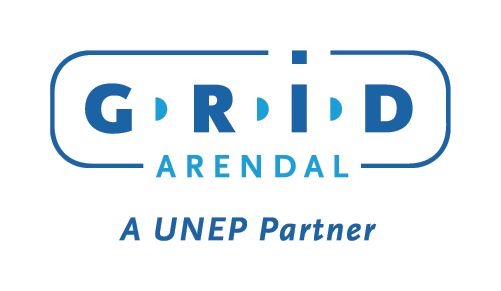Press release -
Research cruise studies "tipping points" in Greenland
On Sunday the 7th of August, ECOTIP scientists set sail on the 2022 ECOTIP research cruise on board the RV Maria S Merian, one of Germany’s flagship research vessels.
The cruise departed from Reykjavik and is currently heading towards the east coast of Greenland, surveying both the deep ocean along the way and potentially some fjords, before returning to Reykjavik on 29th of August.
Twenty scientists from the ECOTIP project including from HEREON, University of Vienna, University of Tromsø, DTU Aqua, Abo Akademi, IOPAN, and Aarhus University are on board the Merian, covering a wide range of scientific disciplines and experiments including trace metal and isotope sampling, ocean geochemistry, microplastics, microbial community dynamics, zoobenthos, plankton, paleoceanography, and more.
The goal of the cruise is to investigate ecosystem tipping points, which are critical moments where a point of no return has been crossed. ECOTIP is trying to identify such points of no return and determine which processes contribute to causing these.
Some examples of tipping points that researchers onboard this ship are studying include how Greenland’s melting glaciers add additional fresh water into the ocean. This creates a layer of fresh water that sits on top, which can prevent ocean mixing, in turn hindering upward nutrient circulation and causing oxygen depletion in the lower layers, which may be catastrophic for ocean life.
Another tipping point ECOTIP scientists are exploring is the increase in mercury in the ocean. Mercury has entered the ice sheet through rain and snow contaminated by the burning of coal over decades. This is also known as legacy pollution. As the Greenland ice sheet melts, this mercury is entering the oceans, which can spike the levels of mercury in sea creatures and even humans.
Much of the data collected during this cruise will eventually feed an online platform where decision makers can use real-world data to explore tipping point related “what if” scenarios.
GRID-Arendal’s own documentary filmmaker, Olivia Rempel, will also be joining to film and photograph life on board the vessel and the various experiments being undertaken.
The cruise will include nine process stations, seven CTD stations, two coring stations and six steaming stations. The cruise will have limited internet access, however we will be posting updates on Facebook and Instagram as much as possible!
Media enquiries: please contact Olivia Rempel (olivia.rempel@grida.no) and Björn Alfthan (bjorn.alfthan@grida.no). It is possible to arrange remote interviews with researchers and receive photographs.
Topics
- Environment, Energy
Categories
- climate research
- ecotip
Any questions?
Please contact:
press@grida.no
Head of Media Relations
Maria Dalby
+47 9064 0556
Maria.dalby@grida.no
